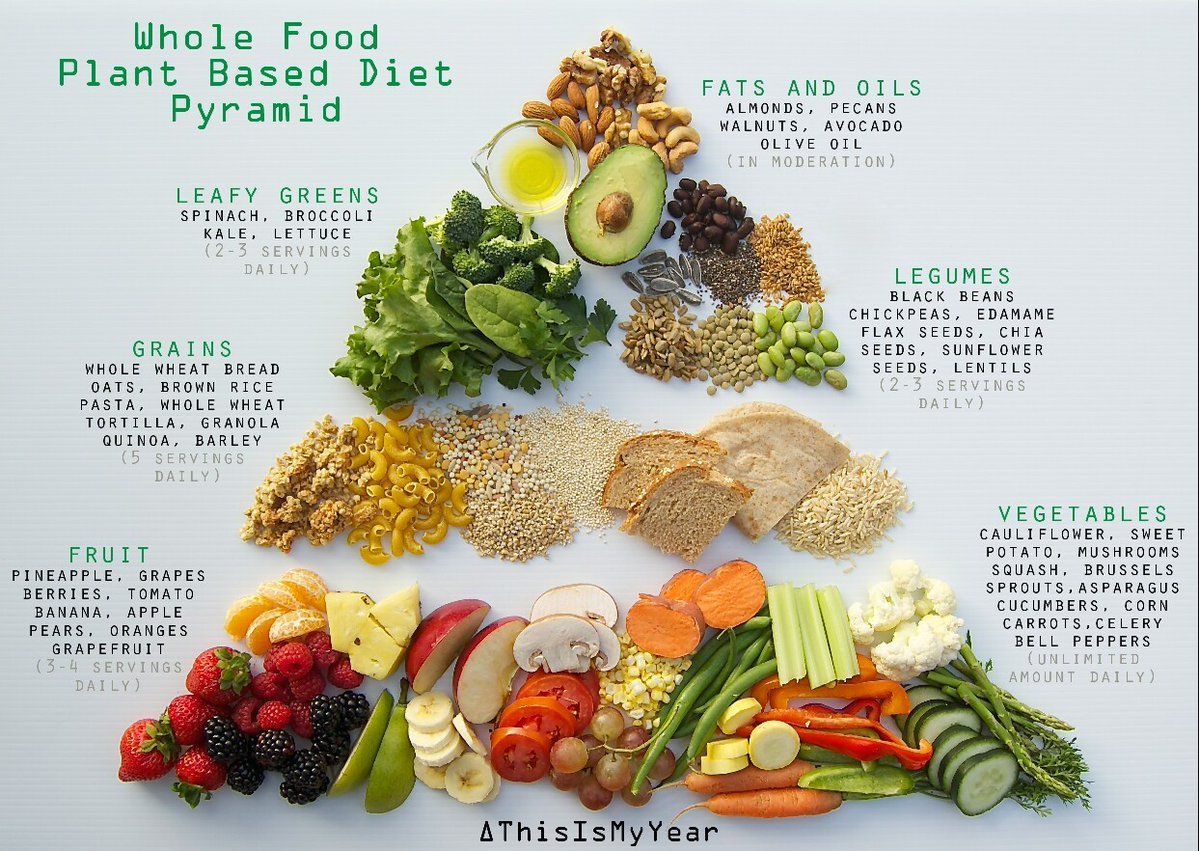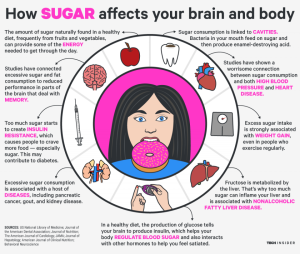
Plant-based diets have gained significant popularity in recent years, with more people choosing to incorporate a higher portion of plant-based foods in their meals. This shift in eating habits is not only beneficial for personal health but also for the environment. Let’s dive into some of the key advantages of adopting a plant-based diet.
Improved Heart Health
One of the primary benefits of a plant-based diet is improved heart health. By eliminating or reducing the intake of animal products such as red meat and dairy, individuals can lower their risk of heart diseases. Plant-based diets are typically low in saturated fats and cholesterol, which are known contributors to cardiovascular issues. Instead, they are rich in fiber, antioxidants, and essential nutrients that promote heart health.
Weight Management
Following a plant-based diet can also assist in maintaining a healthy weight. Plant-based foods are generally lower in calories and higher in fiber content. Fiber-rich foods help control appetite, making you feel fuller for longer periods and reducing the likelihood of overeating. Additionally, plant-based diets tend to include more nutrient-dense foods, which further helps in weight management.
Reduced Risk of Chronic Diseases
Research suggests that plant-based diets have a positive impact in reducing the risk of chronic diseases. A diet rich in fruits, vegetables, whole grains, nuts, and seeds provides essential antioxidants, phytochemicals, and vitamins that help boost the immune system and protect against various illnesses. Plant-based diets have been linked to reducing the risk of conditions like type 2 diabetes, certain types of cancer, and hypertension.
Environmental Sustainability
Adopting a plant-based diet not only benefits personal health but also has a positive impact on the environment. Animal agriculture is a significant contributor to greenhouse gas emissions, deforestation, water pollution, and other environmental issues. By reducing meat and dairy consumption, individuals can help reduce their carbon footprint and contribute to a more sustainable future.
Increased Nutritional Intake
Plant-based diets can help individuals increase their nutritional intake by focusing on a wide variety of fruits, vegetables, legumes, and whole grains. These foods are packed with essential vitamins, minerals, and micro-nutrients that are crucial for overall health. Moreover, plant-based diets often have a more diverse range of nutrients compared to animal-based diets.
Ethical Considerations
For many people, following a plant-based diet aligns with their ethical beliefs and values. Animal welfare concerns and the desire to reduce animal cruelty are reasons why individuals choose to avoid animal products. By transitioning to a plant-based diet, one can contribute to a more compassionate and sustainable food system.
Conclusion
The benefits of plant-based diets are extensive, ranging from improved heart health to reduced environmental impact. Embracing a plant-based lifestyle not only has positive effects on personal well-being but also acknowledges the importance of nourishing our bodies with natural, cruelty-free food sources. So, why not make the switch to a plant-based diet today and enjoy all these remarkable benefits?

